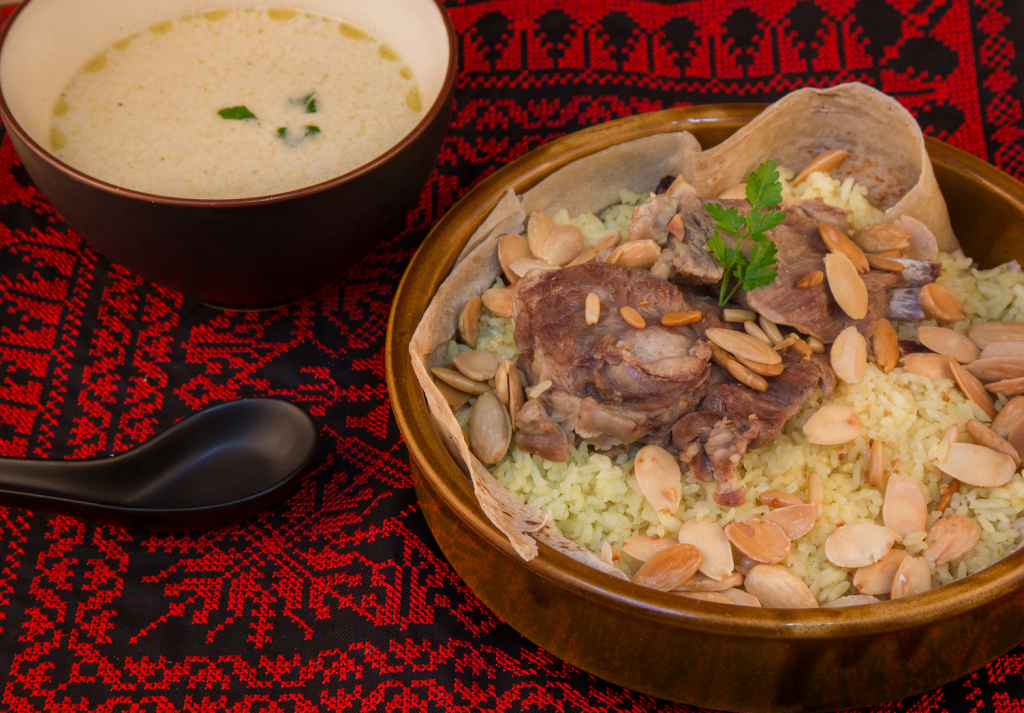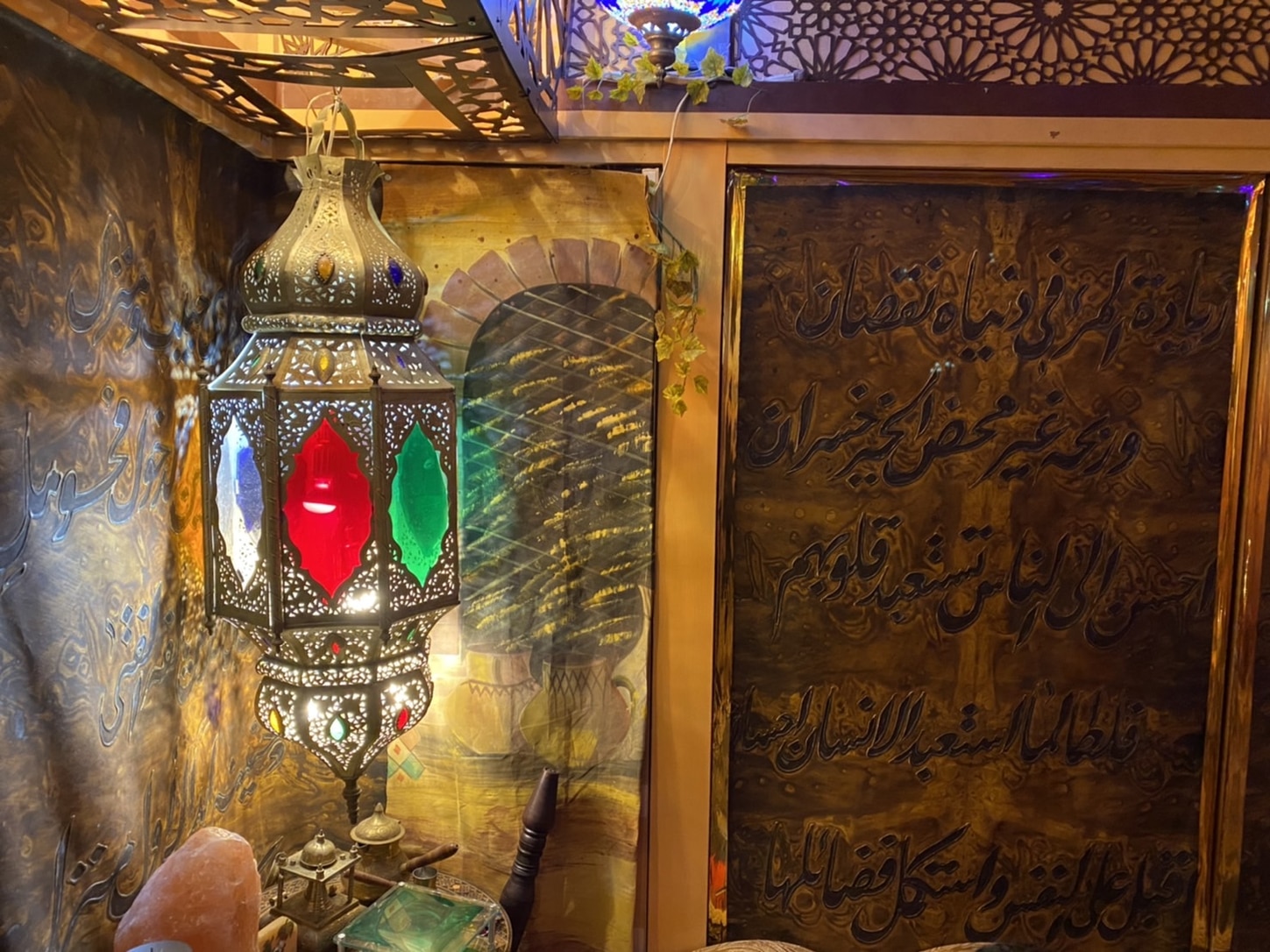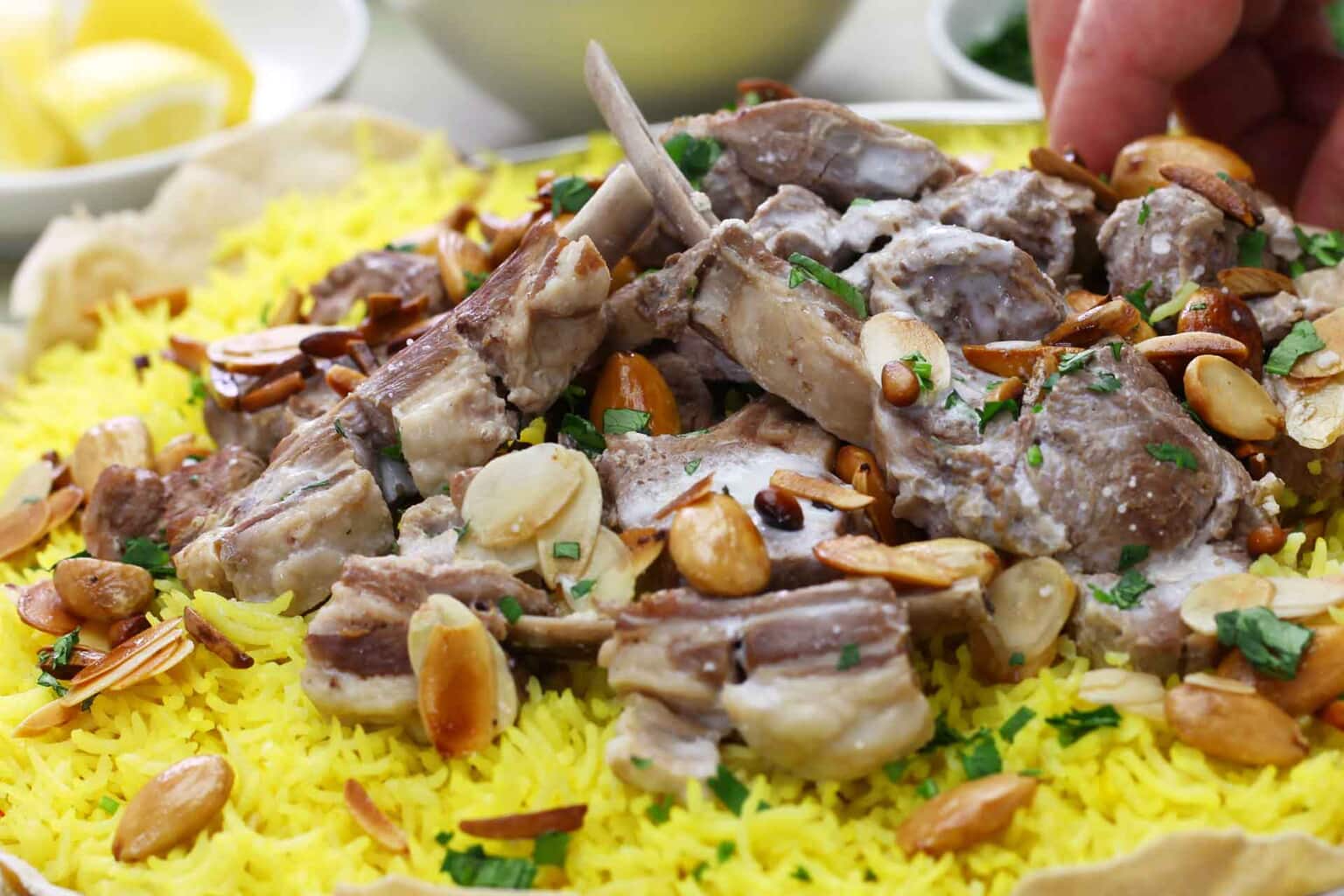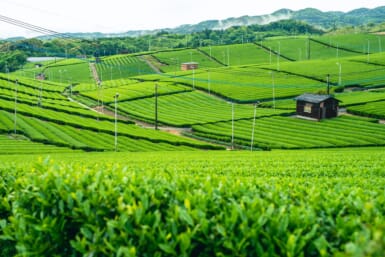Ikebukuro has built a reputation for itself as one of the most multicultural areas of Tokyo. Its ethnic diversity is reflected in the plethora of culinary options from all over the globe readily available. Yet there is one particular jewel in the locale’s crown that warrants a little bit of extra exploration due to its sheer uniqueness. Tsuki no Sabaku, which translates as Desert Moon, is the only restaurant in Japan that specializes in the national cuisine of Jordan. Here you will gain access to otherwise unobtainable Arabian tastes in a setting that oozes charm and authenticity.
A Culinary Oasis that Stands Apart from the Caravan
For millennia, wandering travelers have sought refuge and respite from the glare of the blazing sun in the unhurried quietude of a desert oasis. This is the enduring ethos held by Tsuki no Sabaku. It’s a place where hungry Tokyoites have the opportunity to slip away from the bustle of the city and unwind in a setting that seems ripped straight out of another time and place.
And yet, the restaurant is merely a brisk eight-minute walk from both the east and north exits of Ikebukuro Station. It has been in operation since 2009 and is under Jordanian ownership.
With its interior decked out in appropriately extravagant Arabic decor and gentle music, visitors will feel welcomed and at ease as soon as they step through the door and embrace the fragrance of spices. Comfortably cozy cushions, carpets and curtains, combined with walls adorned with all sorts of evocative Arabian imagery of camels and desert sands, invite you into a world very different from the array of bars and izakaya a hair’s breadth away.
Jordanian Food Delights
The menu is of course entirely Halal and filled to the brim with spices. You can start out by slurping a selection of splendid soups. Chickpeas and lentils with onions are always a flavorful treat, yet be sure to check out the Mulukhiyah leaf broth served in conjunction with either chicken or beef. Another recommendation is the Moon Desert Soup. The dish carrying the restaurant’s name consists of barley alongside an assortment of zesty seasonings.
There’s also a dependable set of salad choices. Fattoush fuses veggies with Arabic flatbread, tabbouleh places emphasis on meticulously chopped parsley amidst a wheaty backdrop and Tsuko no Sabaku’s special salad presents a delicate union of soybeans, lemongrass and cucumber.
Of course, there are the ubiquitous pan-Arabian staples like couscous, hummus, samosa, baba ghanoush and falafel. However, Tsuki no Sabaku also offers a chance to eat more unknown delicacies.
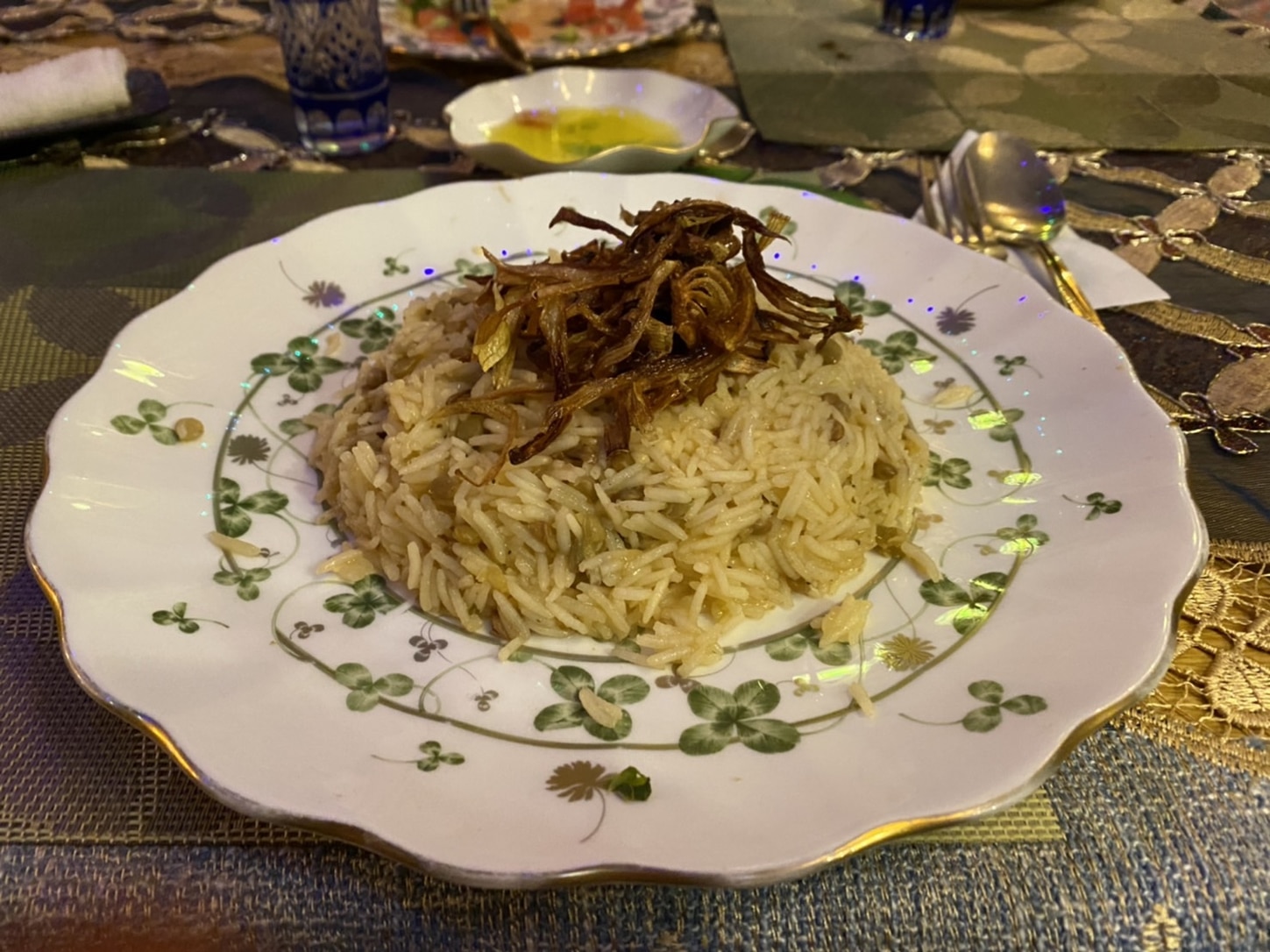
Further Into Culinary Exploration
Consider freekeh, a cereal made from roasted young durum wheat that traces its origins back to the ancient past. Mandi, a hugely popular dish that originally emerged from eastern Yemen and eventually spread all over the Arab world, mixes a variety of spices with offal and rice. Kabsa, a mixed rice and meat dish eaten throughout the Arabian Peninsula, is great for sharing in true Bedouin style. Or privately feast upon a helping of bamia, an okra stew cooked in a savory tomato sauce.
Mansaf is regarded as the national dish of Jordan and is an absolute must-try. Drawing from the culinary tradition of preindustrial pastoral life, it carries the enduring legacy of Bedouin culture in every bite. It incorporates a generous helping of lamb prepared in a sauce of fermented and dried yogurt with plenty of rice. Tsuki no Sabaku admirably recreates this iconic dish for patrons who wish to sample the distant land’s cuisine.
Liquid refreshment takes the form of therapeutic herbal tea and Arabic coffee carefully poured from a dallah. The collective ambiance of the restaurant, from design to service, draws one’s thoughts towards the kind of tea rooms where robed nomads would socialize in an atmosphere of cordial hospitality.
A number of different courses are on offer, ranging from group size to personal preferences. You can even try and tackle an entire roasted lamb, which is admittedly recommended for eight people. Present Covid-19 measures mean that reservations are currently mandatory, so please keep this in mind when making plans.
Looking for more international authentic eats? Check out TW’s Rare Foodie Finds.

